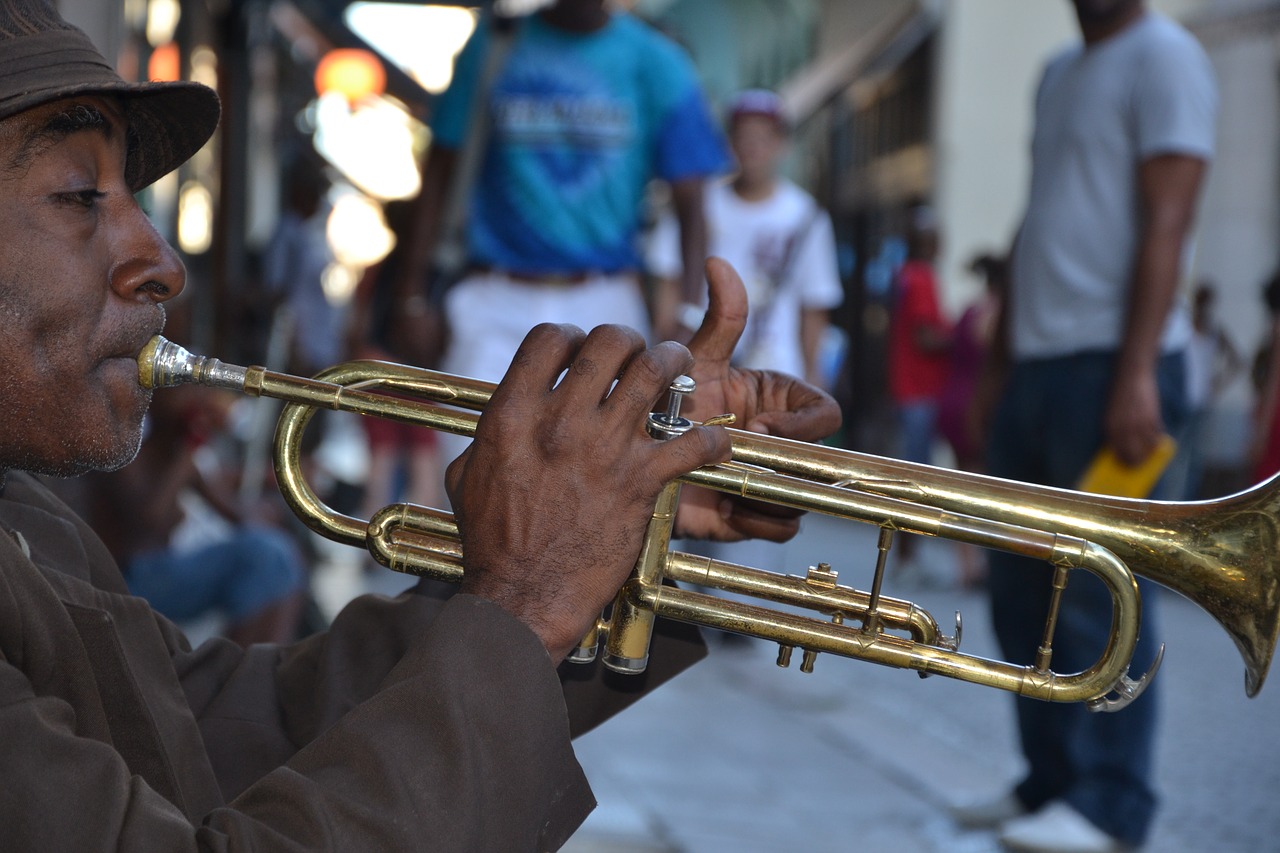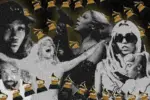In recent years, reggaeton has filled the airwaves of American radios and streaming platforms. Marked recently by the massive impact of the 2017 song “Despacito” by Luis Fonsi and Daddy Yankee, the Latin-based genre has been growing at an exponential rate.
With its all-time high popularity with Latin American music fans and even North American listeners, the genre has the possibility to further expand and experiment with its content. New artists throughout the Western hemisphere are emerging emerge with many starting to adopt trap elements and collaborate with North American hip-hop artists.
However, anyone who’s watched a Latin music award show, like the Latin Grammys or Premios Juventud, has witnessed for themselves the differences between women and men in the genre. Despite the growth and evolution of modern-day reggaeton, one thing remains a stubborn constant, and it happens to be reggaeton’s rampant objectification of women.
From Panama to Puerto Rico
At its inception, reggaeton artists were able to seamlessly write about both romance and social issues without major issues. A rich combination of Jamaican dancehall, reggae and Latin American music, the genre first originated in Panama during the late 1970s.
While even the early Spanish reggae and reggaeton artists centered their songs around girls, with mild songs like “La Chica de los Ojos Café” (“The Girl with the Brown Eyes”), artists still explored critical social issues. Artists like El General and Renato lyrically explored ordinary life during Panama’s military dictatorship and on the nature of being afro-Panamanian. At its origins, reggaeton was not inherently misogynistic, but was an artistic outlet for black Latin Americans trying to understand themselves better in a turbulent world.
Although the genre first developed in the Republic of Panama, it has largely been Puerto Ricans dominating the contemporary scene. As reggaeton left the underground scene of Panama and proliferated through the Hispanic Caribbean, songs began to concentrate more on men’s obsession with chasing and conquering women.
Credited with being two of the most prominent forerunners of Puerto Rican reggaeton, Daddy Yankee and Don Omar began to popularize the trend of including vulgar descriptions of women in their songs. As the genre began to commercialize in Latin America and the United States, so did the artists’ risqué fantasies about women.
A simple examination of one of Daddy Yankee’s early songs from 2000 shows the extent of the vulgarity laced within the rhythm of the music. Daddy Yankee’s song with Nicky Jam titled “En La Cama” follows the trend of reducing women to objects of sexual consumption: “She likes it that they hit her hard and eat her / and it’s that I want the complete combo / What! / P—- / A– / T–.” Throughout the rest of the song — and many other songs — the artists continue to reduce women to simply their body parts.
As the genre began to cement its place in mainstream music in the 2000s, the dozens of newer reggaeton artists emerging in Puerto Rico looked to emulate this risky approach to lyric-writing. Singers like Arcángel, Farruko, Wisin and Yandel not only adopted the same dehumanizing language about women, but they also adopted similar choreography and music videos reduced women’s bodies as only sensual backdrops in their stage design.
“Those background dancers, though …”
Looking again at the Latin music awards shows, one undeniable element present in almost all reggaeton live performances is the presence of scantily clad female dancers surrounding the lone male performer. Dancing sensually in synchronization around the singer, women do have a role and purpose in the performances, but it’s to simply adorn and bolster the image of the singer. Women rarely ever have a chance to grab the microphone themselves. Instead, in the worst case-scenarios, female dancers in reggaeton remain mostly silent visual aids for the men vocalizing on stage.
This attitude of viewing women as visual aids has spilled over outside the stage. In 2018, Colombian reggaeton artist Maluma received criticism from Latino audiences for his video shoot for his song “Mala Mía.” Among other scenes, the polemical music video featured camera shots of him in bed surrounded by roughly a dozen seminude women. As is the case of the background dancers on stages, the women in Maluma’s music video remain silent, serving only to bring attention to Maluma’s womanizing on-screen ego. In response to the controversial music video and image stills, women responded images with a hashtag campaign: #MejorSolaQueConMaluma, or #BetterAloneThanWithMaluma.
The anger directed against Maluma died down quickly. Artists like Maluma and Daddy Yankee defended themselves and their genre of choice by arguing that they are not “machistas.” The Colombian singer J Balvin even argued that it’s up to female fans themselves to empower themselves to change the nature of reggaeton’s lyrics, not the men in charge.
The wave of criticism hitting the artists remained relatively short-lived, and they continued to employ the same questionable trends in their performances. In most cases, the dozens of reggaeton artists who employ the same approach to women continue to enjoy the same streams of adoration from their mainly female fans and Spanish-language news channels.
Women Breaking into the Scene
Recently, more female artists have broken into the genre and have earned the chance to perform alongside male artists. The Mexican-American Becky G, the Dominican Natti Natasha and the Colombian Karol G are perhaps three of the most popular female artists of the late 2010s within reggaeton.
Rather than having achieved success through mentorship under male performers, the fans lauded the three women for their independence from the good ole boys club of male reggaeton. Becky G, Natti Natasha and Karol G have performed at major awards shows and headlined their own tours across the globe with ceaseless applause from fans. To their fans, the three singers represent women exercising their own agency rather than being reduced to objects.
Nonetheless, female artists reggaeton artists are not immune to public criticism. Last year, Becky G defended her role as a singer who celebrates and expresses her sexuality. She claimed that audiences are uncomfortable with her music, as they called for her to preserve her innocence and avoid sexual themes in her music. In response to allegations that she was perpetuating the notorious sexism embedded in reggaeton, Becky G responded, “ They censored me on OT [Operación Triunfo] on TVE, and the same wouldn’t have happened with Maluma.”
Becky G’s dilemma is largely due to the double standards existing in the genre. Maluma and other male artists for almost decades have centered their content on presenting women as hyper-sexual creatures. At their core, Maluma and Daddy Yankee wrote about women pleasuring men, even if it included violence.
On the other hand, Becky G’s songs are not about only pleasuring men, but rather about embracing her own pleasure. For once, Becky G and other female performers are taking the role of a sexual subject with ownership over their body. According to Becky G, this is what makes her music more scandalous for some. In reality, her music’s lyrics and aesthetics aren’t at the expense of other women or promoting violence.
Despite more women being able to become song-writers themselves, the genre itself will struggle to change its ways. Becky G, Natti Natasha, and Karol G are indeed challenging people’s expectations of women’s sexualities. However, that still doesn’t change the relative free rein that men in the genre have to brag about hitting and throwing women against walls in their lyrics.
The domination of sexist themes and choreography has become a tradition entangled with the genre that most see it as an inevitable part of its future. The media culture of the U.S. and Latin America that allow for these songs to have so much airplay is simply not something that three women can remedy by themselves.

















Thank you for every other informative blog. The place else may I am getting that kind of information written in such an ideal approach?
I’ve a mission that I’m simply now working on, and I have been on the look out for such info.